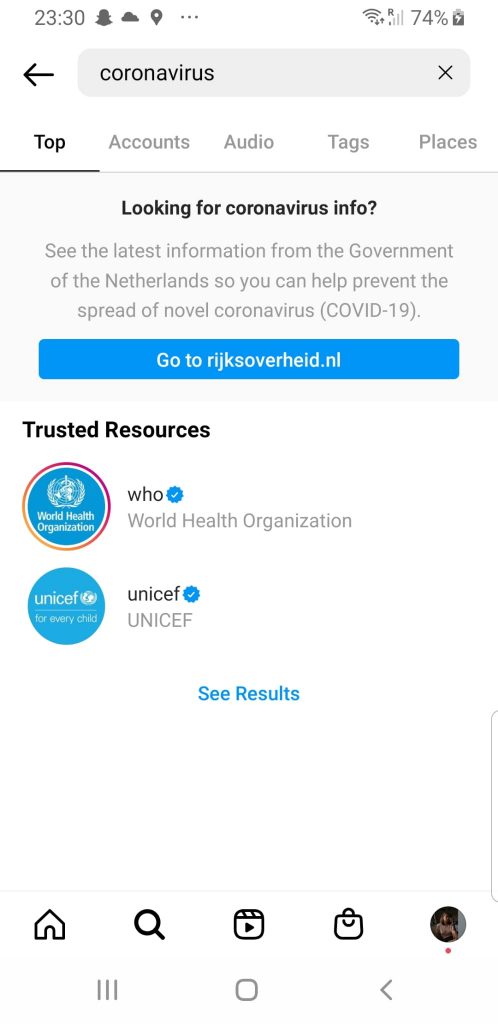The internet often seems like a space where everyone is able to share their opinions. We’ve all heard phrases like “once it’s on the internet, it’s on there forever”. Sometimes the online world feels like a place where anyone can say whatever they want – I know I feel like that when I see what people post to Facebook. The amount of misinformation and hate that can be found online can create the feeling as though the internet is uncontrollable. But is that really so?
After the storming of the Capitol, which took place in the U.S. at the beginning of this year, many social media platforms decided to ban Donald Trump and his supporters, who were linked to the attack, on social media, enacting a ban on the misinformation these accounts were spreading in regards to the recent presidential election as well as the attacks. This caused an uproar amongst the conservatives, who voiced their disdain towards these social media platforms as specifically targeting and silencing Republican voices (interestingly, recent studies have shown that such accusations have no evidence to support them) (1). The censorship of misinformation online has recently become a huge part of discussing social media platforms; in the crossfire of Trump’s presidency, the coronavirus, climate change, and other political, social, and environmental issues, it seems as though we have only now come to realise the power that the online world possesses on influencing the minds of people who use it. So, bans like these, which limit the spread of misinformation, seem like at least a good start to the creation of safer online spaces. However, censorship online is not always this simple.

In recent years, platforms such as YouTube and TikTok have come under fire as their creators have raised concerns over their content and accounts being shadow banned – “[being] block[ed] or partially block[ed] (..) from an online community so that [it] will not be readily apparent to the user that they have been banned” (2). Shadow banning can be considered a form of censorship; however, it is different from just regular banning of an account in that it takes much longer for creators to notice that their content is not available as easily to their audience as it usually is. The main point of shadow banning is that it is discreet and harder to prove, which is exactly why it has caused such an uproar. Many creators who talk of issues regarding minorities and oppressed groups have been shadow banned on multiple social media platforms (most notably, TikTok) for the content that they post. This is often linked to the fact that this sort of content is undesirable for advertisements, so it is simply shadow banned. Many users have resorted to using slang and self-censoring (for example, muting their own audio) when talking about sensitive issues and topics (such as mental health, sex, drugs, addiction, politics, and violence just to name a few). Furthermore, since these topics can be also deciphered through the captions of a video, many creators purposefully misspell their captions to get around content filters. Though at first glance, it might seem as a way to protect younger users from unwelcome content, what ends up often happening is the censorship of educational (or at least non-harmful) content, often discriminating creators who belong to minority groups. Interestingly, when trying to look up examples of this on TikTok through it’s hashtag feature, I was met with two types of results. Firstly, when looking up the tag “depression”, it simply said that there was no content associated with this hashtag (which seems quite unlikely, as I’ve seen multiple creators discussing mental health on the app). On the other hand, looking up “weed” resulted in a warning that this search is associated with content that violates the guidlines of the app. It is clear that TikTok takes its censorship quite far and creators have to be careful with what they post, as many people’s accounts have been deleted for discussing topics that “breach the community guidelines”.
The censorship of online content is a tricky subject to navigate – though at times necessary, it can often cause more harm then good. Restricting access to information in the favour of advertising does not seem to agree with many users of social media platforms; however, it is difficult to tell if anything will change soon enough, before too much damage has been done.


Super important topic and really interesting!